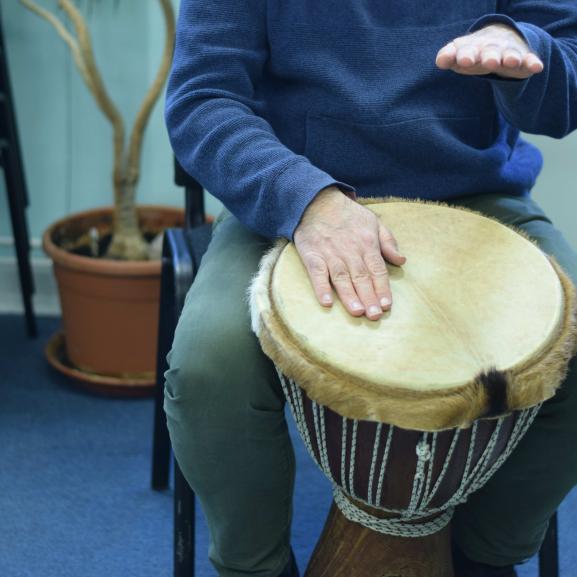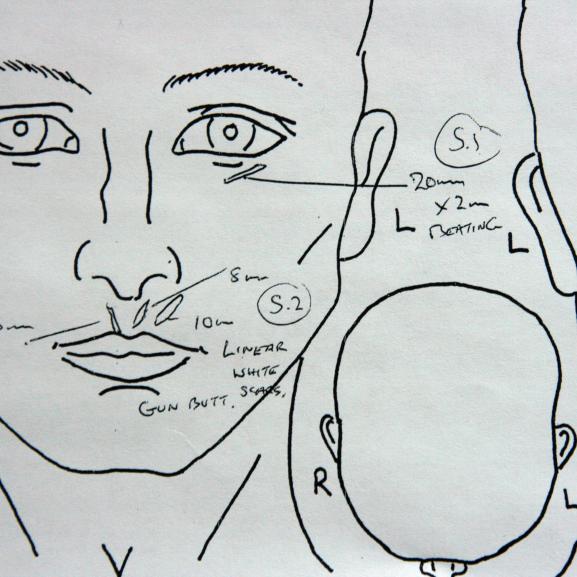Be kind to yourself. Please.
Article extracted from the ILPA monthly newsletter
From being something that was only uttered in hushed, strained voices to something that is routinely heard across the sector, self-care has become a buzzword. It is asked about at interviews. It is mentioned in company literature. It is referred to in professional training.
But what is it? Is it really so obvious? So obvious that no-one has been doing it - or if they have, not all that well. Isn't everyone stressed? Isn't it to be expected? Is it that important in the wider scheme of things?
Importance of self-care
The relatively recent decisions of solicitors being struck off/suspended highlight the possible consequences when we fail to look after ourselves: "Lying junior lawyer was working in 'abominable' conditions" the judge says.
The court today heard that James was warned in an email in 2012 that she had recorded too few billable hours and would need to work up to 18 hours a day for 19 consecutive days to catch up her work. The firm, which publicly compared the performance of all junior lawyers through league tables, told her she should work through evenings, weekends and bank holidays to cover any shortfall.
Lord Justice Flaux said the way James was treated was "frankly abominable" and described a "poisonous atmosphere" in the firm.
Drained high-flyer escapes strike-off despite dishonesty finding
Peter Naylor, 35, tried to 'buy himself time' by sending up to five misleading emails while an associate at national firm TLT, the Solicitor's Disciplinary Tribunal heard. The solicitor, described as a 'safe pair of hands' and named as South West Young Dealmaker of the Year in 2014, told the tribunal he felt 'broken' by working every weekend to cope with his caseload. He had been described by relatives as a 'zombie' due to pressures building up over several months. In its 'Resilience and wellbeing survey 2019', the Law Society Junior Lawyers Division found:
- One in 15 junior lawyers reported experiencing suicidal thoughts as a result of stress at work
- 25% of junior lawyers experienced severe or extreme levels of stress at work
- The most frequently mentioned causes of work related stress were high workload, client demands and expectations, lack of support and ineffective management
- Over 65% of junior lawyers had experienced disrupted sleep and almost 60% reported it having a negative impact on their mental health
- 48% of junior lawyers reported experiencing mental ill-health (whether formally diagnosed or not) in the month leading up to taking the survey; an increase from 38% reported in 2018 and 26% reported in 2017. Only around one in five of these junior lawyers had told their employer about their mental ill-health.
Elements of these descriptions of working environments are likely to be identified with by many a reader: feeling 'broken' or like a 'zombie;' making 'too few billable hours'; having to 'work through evenings, weekends and bank holidays'; and there being a 'lack of support and ineffective management'. Most of us, at some point in time, have been there- some of us remain there.
What happens to us?
Whereas burnout is linked to feeling overwhelmed and powerless in relation to workload pressures, those who work in the field of asylum and immigration are also at risk of feeling overwhelmed and powerless in relation to the traumatic testimony of clients.
It is the constant exposure to trauma that means legal practitioners need to have an awareness of the following concepts:
- Vicarious trauma: can be described as 'a process of change resulting from empathetic engagement with trauma survivors.'
- Secondary traumatic stress: exhibiting symptoms similar to Post Traumatic Stress Disorder (PTSD) that results when an individual hears about the first-hand trauma experiences of another.
Burn out and vicarious trauma are separate issues, but having one can make you more vulnerable to the other.
Freedom from Torture workshop
At a recent joint Freedom from Torture-ILPA self-care training for immigration and asylum representatives/attendees identified the following factors, among others, that have an impact on their wellbeing:
Most challenging aspects of work:
- Dealing with hopelessness and desperation shared by clients
- Excessive workloads
- Needing to be continually empathetic
Factors that might lead to vicarious trauma in themselves and their colleagues:
- Disclosure of clients' trauma
- Deterioration of clients
- Exposure to trauma material
- Failure of managers to recognise the demands of the work and no support
- Long hours and excessive caseloads
- Pressure
- The culture of disbelief - and the impact that this has on clients
- Negative media reporting and poisonous public attitude towards asylum seekers and refugees
- Societal vilification of the profession. Negative attitude towards lawyers. Solicitors being unscrupulous or untrustworthy, even from friends and family.
How do we know if we are suffering from vicarious trauma?
Some common indicators of vicarious trauma for those working in this field are:
- Feeling overwhelmed, exhausted, overloaded, burn out, isolated, apathetic, depressed, desperate and that you can't improve
- Lingering feelings of anger rage, and sadness
- Impaired ability to make decisions
- Sleeping difficulties
- An exaggerated sense of responsibility
- Overly involved emotionally with your client, difficulty maintaining boundaries sand overextending yourself
- Preoccupied thoughts of clients outside of work
- Questioning your competence and self-worth
- Change in world view
- Distancing, numbing, detachment, and avoiding your client
- Cynicism
- Impact on personal relationships/intimacy.
However, becoming vicariously traumatised from this kind of work is normal - the challenge is to ensure we have strategies for dealing with the impact.
How can we seek to protect ourselves?
Vicarious Trauma manifests itself on three levels:
- Physical
- Psychological
- Social
But how it will impact you or your colleague will be unique. Therefore, when it comes to protecting ourselves, it is important to note that not one size fits all. Williams and Sommer make reference to having the following protective factors in place:
- Good social support
- Strong ethical principles of practice
- Awareness of the potential of vicarious trauma in advance
- Developing competence including strategies and techniques to mitigate and/or manage symptoms of vicarious trauma
- Openness and willingness to take steps to address vicarious trauma.
As well as understanding the potential impact of vicarious trauma on an individual practitioner (and therefore teams and organisations), the challenge for the profession is to foster a working environment where asking for help, exhibiting stress and/or related symptoms is not considered to be a sign of incompetence but rather a level of self-awareness which should be encouraged and supported. Where working culture is not defined by mantras such as 'coming to work on time is considered coming to work late', but for management to lead by example and set healthy working practices.
The concept of mental health champions and mental health days has been mooted for a while. With new entrants into the legal aid field dwindling, perhaps this should now be given serious thought if we are to protect and retain young lawyers in this field.
And remember, self-care is not all about what others tell you to do.







